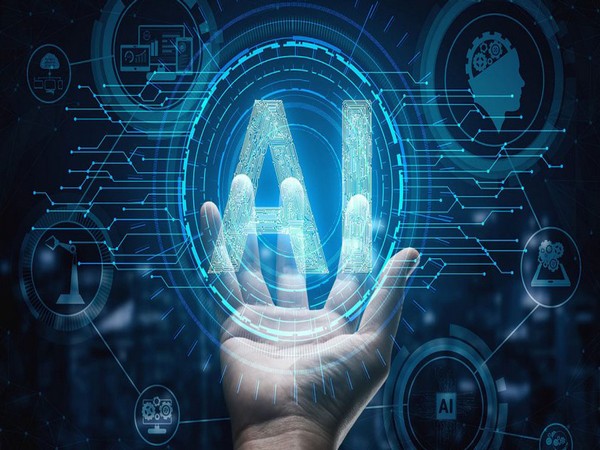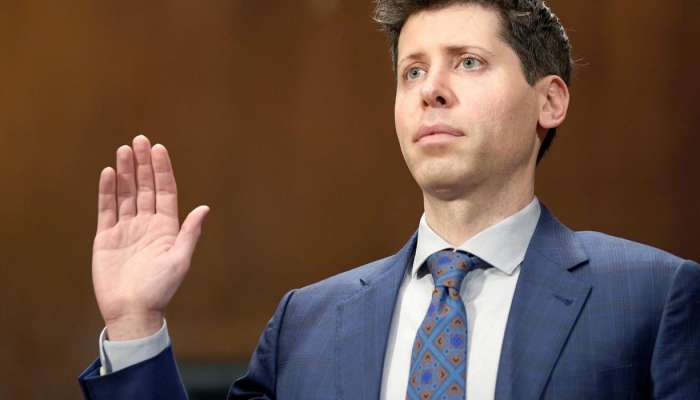

OpenAI CEO Sam Altman said that AI will "address some of humanity's biggest challenges, like climate change and curing cancer," but admitted he was "anxious" about how it could change the way we live.
Sam Altman, chief executive of the OpenAI firm that developed ChatGPT, called for state regulation of artificial intelligence in Tuesday testimony to US Congress.
ChatGPT is a chatbot tool that answers questions with human-like responses.
OpenAI was founded by Altman in 2015. It has developed other AI products, including the image-maker DALL-E.
Altman's testimony comes a week after two European parliamentary committees voted in favor of draft legislation that aims to set up rules around AI.
What did Sam Altman say?
"As this technology advances, we understand that people are anxious about how it could change the way we live. We are too," Altman said.
"OpenAI was founded on the belief that artificial intelligence has the potential to improve nearly every aspect of our lives, but also that it creates serious risks," Altman told a Senate judiciary subcommittee hearing.
Altman said that he believed that generative AI will one day "address some of humanity's biggest challenges, like climate change and curing cancer."
"We think that regulatory intervention by governments will be critical to mitigate the risks of increasingly powerful models," he said.
Altman proposed regulations that would include a combination of licensing and testing requirements before AI models are released. He also suggested labelling and an increase in global coordination.
"I think the US should lead here and do things first, but to be effective we do need something global," he said.
Altman argued that a new regulatory agency should impose safeguards that would block AI models that could "self-replicate and self-exfiltrate into the wild."
Congress raises concerns around AI misuse
Subcommittee chairman Richard Blumenthal opened the session by playing a recording of an AI version of himself reading out a text created by ChatGPT.
Blumenthal said that artificial intelligence technologies "are more than just research experiments."
"They are no longer fantasies of science fiction, they are real and present," he said.
"What if I had asked it, and what if it had provided, an endorsement of Ukraine surrendering or (Russian President) Vladimir Putin's leadership?" the lawmaker asked.
Blumenthal proposed that AI firms be obliged to disclose known risks before releasing new systems.
The lawmaker also expressed concerns on how AI could disrupt the job market.